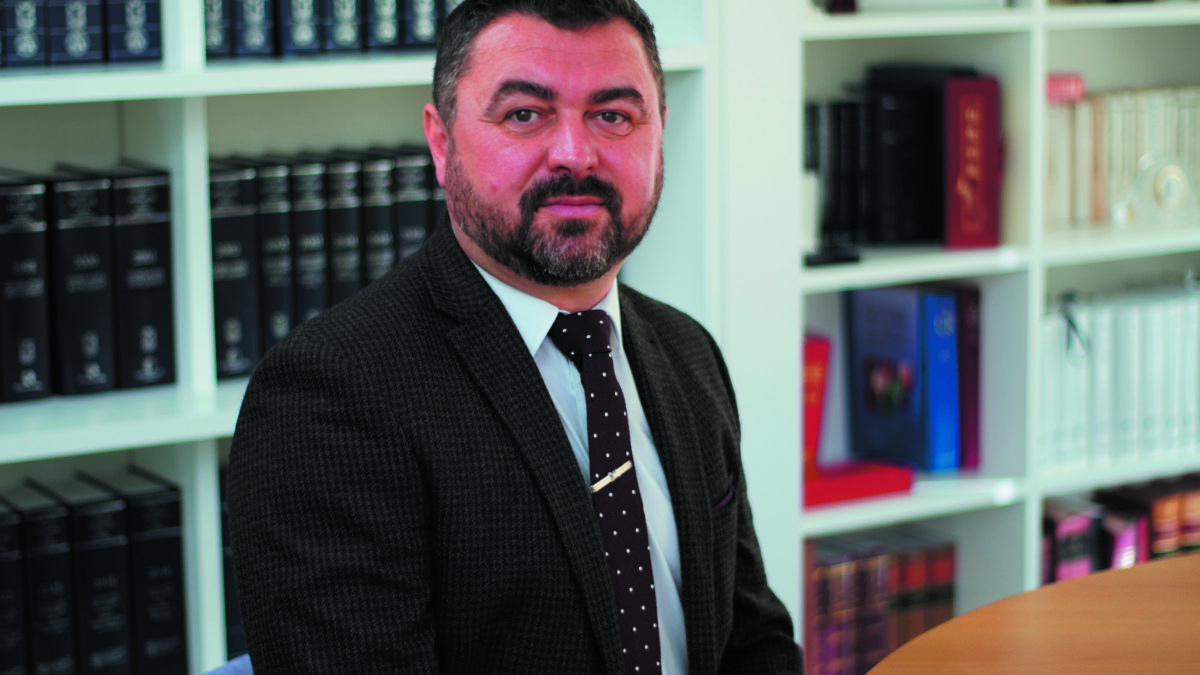The technology we use in our lives has transformed how we work and communicate, with the pace of change only set to intensify.
There is increasing focus on AI and what this will mean for the legal profession and justice system. While ChatGPT has dominated discussions and headlines, we know it’s just one example of emerging AI technologies that will become increasingly commonplace.
New technology will be vital to the future of the legal sector. We operate in a highly competitive, global marketplace so it’s not a case of whether we use these emerging technologies or not. Instead we must look at how Scotland’s legal profession can make the best use of them to provide services and advice for those who need them, and support their businesses to thrive.
That’s where the Law Society’s LawscotTech can play a role. Through the initiative, now led by past president Murray Etherington and Sarah Blair as chair and vice chair of its advisory board, we collaborate across and beyond the legal sector to stimulate legal technology innovation in Scotland, driving benefits for practitioners and their clients.
Cybercrime and cybersecurity also remain prominent issues. The legal sector must remain vigilant and we continue to work with our partners to provide updates and guidance to help solicitors manage the risks their organisations might face.
There is uncertainty about the developing technologies, which can prove a barrier to adoption. Even as use of AI within the legal sector increases, I suspect for many of us right now there are as many questions as answers. What are the risks or threats? What are the costs of investment?
What is certain is that we have entered a new wave of technological advancement that has the potential to revolutionise how we work. Through LawscotTech we intend to work with our community members and partners to look at what’s ahead and answer at least some of those questions as well as provide support and information for our members.
And as we anticipate technological change which is set to transform how we access and process information and drive new ways of working, it’s important to remember while these new technologies will undoubtedly become an increasingly familiar and useful part of a practitioner’s toolkit – enhancing how they build a case, advise a client or manage their business – the expertise, judgment and responsibility will very much remain with the solicitor. l
Paul Mosson is Executive Director of Member Services and Engagement, Law Society of Scotland



